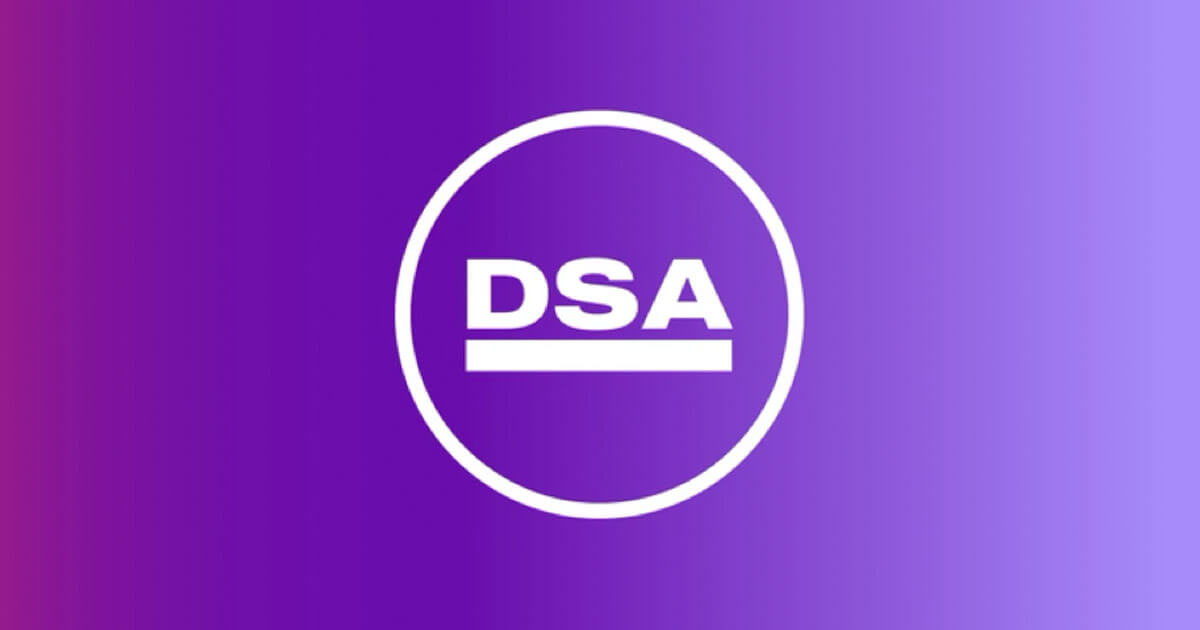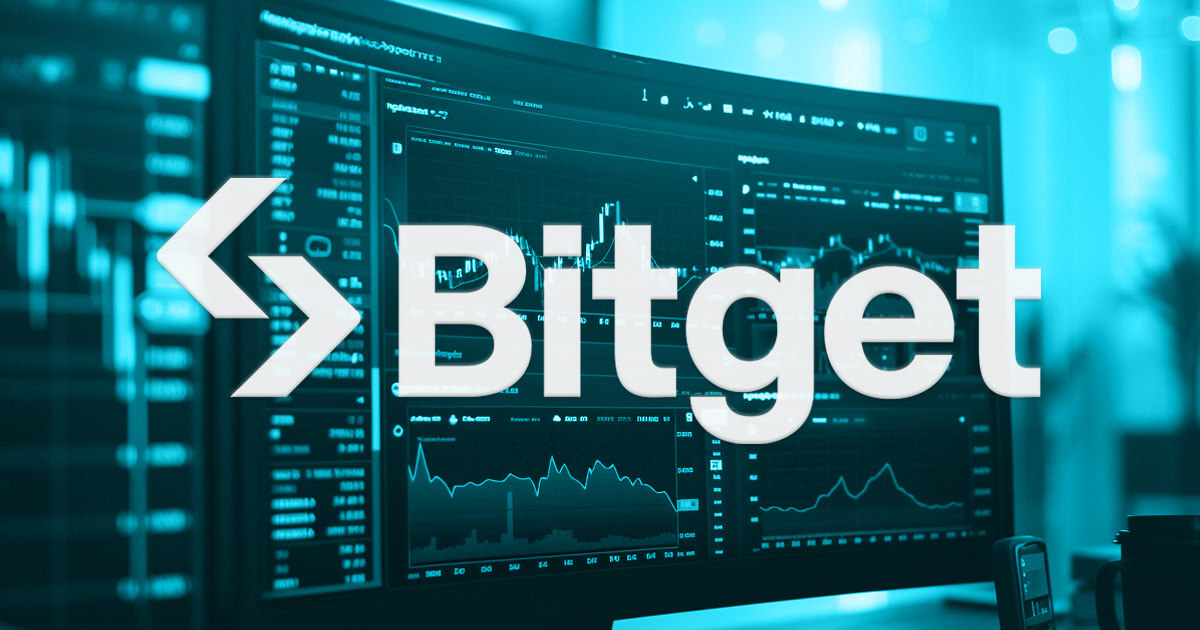 Russia to limit mining in energy-strapped regions until 2031 Oluwapelumi Adejumo · 14 seconds ago · 1 min read
Russia to limit mining in energy-strapped regions until 2031 Oluwapelumi Adejumo · 14 seconds ago · 1 min read
The "ban" is essentially a limit on mining and targets regions with insufficient energy capacity to manage large-scale mining operations effectively.

Cover art/illustration via CryptoSlate. Image includes combined content which may include AI-generated content.
Russia has introduced a regional ban on Bitcoin mining, set to begin on Jan. 1, 2025, and remain in effect until March 15, 2031, local Russian media outlet Tass reported on Dec. 24.
According to the report, The decision affects ten regions, including Dagestan, Ingushetia, Kabardino-Balkaria, Karachay-Cherkessia, North Ossetia, Chechnya, the Donetsk and Lugansk People’s Republics, as well as the Zaporizhia and Kherson regions. The restriction also extends to parts of the Irkutsk region, Buryatia, and the Zabaikalsky Krai.
The ban will only apply during peak energy consumption periods in these areas. Specifically, the restricted period will run from Jan. 1 to March 15 in 2025 and from Nov. 15 to March 15 in subsequent years.
The Russian Cabinet of Ministers stated that the ban prohibits digital currency mining and participation in mining pools in designated areas. Officials highlighted that Russia’s energy regulator might adjust this list to address evolving energy demands.
Energy infrastructure challenges
The ban is most likely a response to local electricity shortages and the growing burden of unpaid energy bills. The government aims to curb power imbalances while efficiently allocating electricity resources.
Deputy Minister of Energy Yevgeny Grabchak previously noted that areas in the far east and southern regions, as well as southwestern Siberia, lack the infrastructure to support large-scale mining. These energy challenges are expected to persist until 2030.
This limit on mining follows the recent implementation of Russia’s crypto tax framework, signaling a broader effort to regulate the industry. The new law enforces compliance with tax policies for cryptocurrency-related activities, underlining the government’s tightening grip on the sector.
Editor
Andjela Radmilac
Analyst at CryptoSlate
Armed with a classical education and an eye for news, Andjela dove head deep into the crypto industry in 2018 after spending years covering politics.
Disclaimer: Our writers' opinions are solely their own and do not reflect the opinion of CryptoSlate. None of the information you read on CryptoSlate should be taken as investment advice, nor does CryptoSlate endorse any project that may be mentioned or linked to in this article. Buying and trading cryptocurrencies should be considered a high-risk activity. Please do your own due diligence before taking any action related to content within this article. Finally, CryptoSlate takes no responsibility should you lose money trading cryptocurrencies.













































